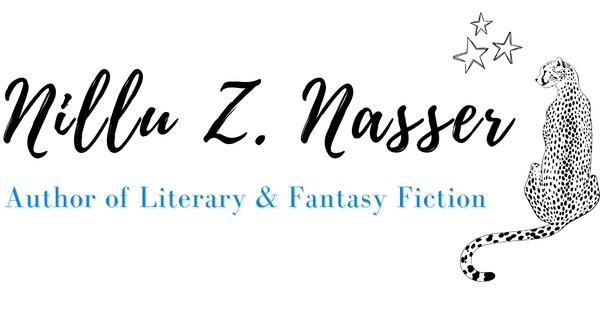I fell in love with Soraya as I was writing her, although I didn’t at first want to feel sympathy for her. She is tough and uncompromising. I saw her as a cold beauty, full of pride, but by the end of the novel, I realised this was a woman who embodies freedom in a culture which can be restrictive for women. She holds her head up high although she has made mistakes, and I love that about her.
I had a couple of conversations about Soraya with my editor. We discussed whether the structure of the novel – predominantly dual narrative – left room for Soraya’s point of view. Her scenes are jarring, but for me, that is precisely the point. I wanted readers to see how the story wasn’t just about Jaya and Akash. It is about how our choices can explode, and spiral out, and have an impact on all those around us.
What is more, for me, the scenes from Soraya’s point of view show such strength. She is preoccupied with living, not with how a man might make her feel. She’s probably my most ambiguous character. She’s a mix of privilege, selfish choices and bravery. The other woman is often blamed and ostracised, both in everyday culture and in literature. Part of me thinks she’d be let off the hook more if she was a man. It’s going to be interesting finding out if readers warm to her as I did.
I want the same for my female characters as I do for the male ones. They don’t have to be strong in the traditional sense of the word. I want characters with agency, who make decisions that drive the plot. I want nuance rather than stereotypes, female characters who embrace their sexuality but are not enslaved by it. I want to see flaws and authenticity not cardboard cut-outs, for them to have their own story arcs even if they are not the protagonist.
 When I set out to write All the Tomorrows, the question I asked myself is can a literary novel with romantic elements, set in India featuring a male protagonist, be a vehicle for strong female characters? I hope the answer is yes, and that you’ll grab a copy to find out.
When I set out to write All the Tomorrows, the question I asked myself is can a literary novel with romantic elements, set in India featuring a male protagonist, be a vehicle for strong female characters? I hope the answer is yes, and that you’ll grab a copy to find out.
All the Tomorrows launches on 6 November 2017 and is available for pre-order now:

 Photo by
Photo by